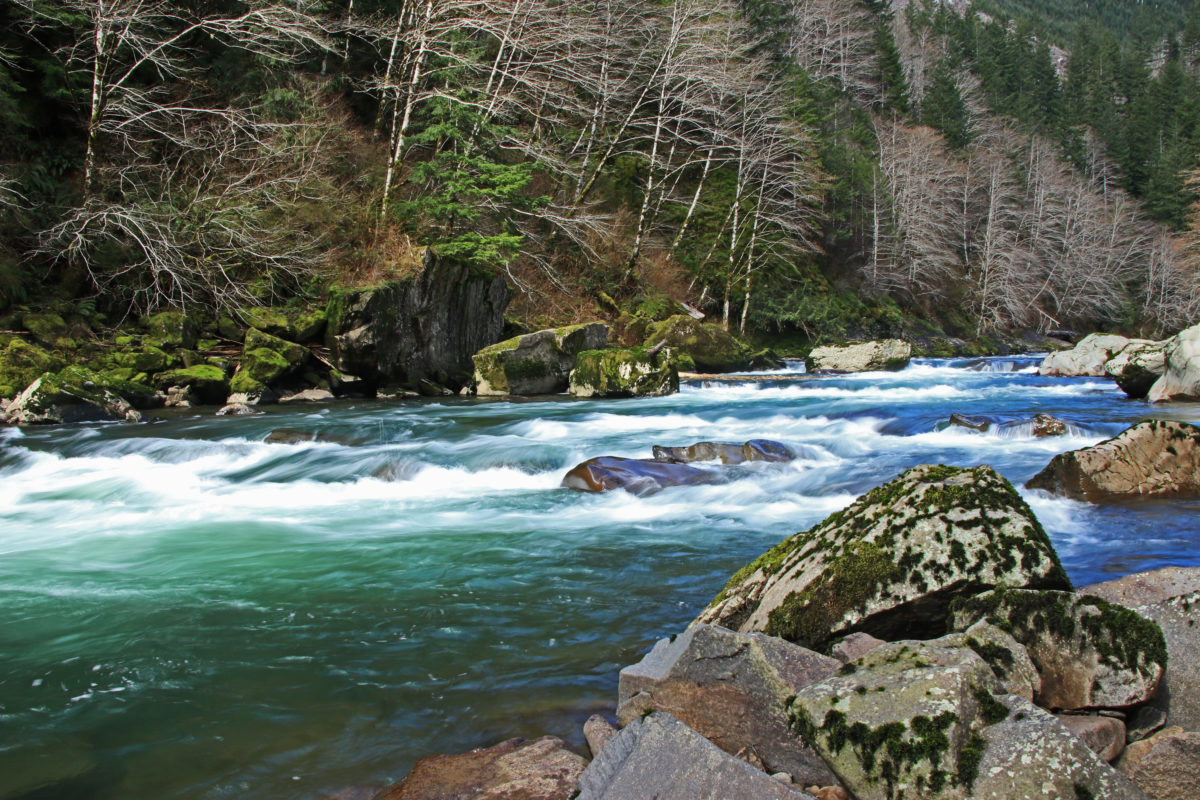A Rights of Nature law stood for two years, now arguments are being advanced for ecosystem’s standing in court and balanced local-state relations
FOR IMMEDIATE RELEASE
June 11, 2020
Kai Huschke
Community Environmental Legal Defense Fund
Northwest Community Organizer
CELDF.org
kai@celdf.org
509-607-5034
NEWPORT, OR: A lengthy appeal has been filed in the Oregon Court of Appeals to defend the Freedom from Aerially Sprayed Pesticides Ordinance of Lincoln County. For two years the ordinance successfully banned corporate aerial spraying of pesticides as a violation of people’s right to clean air, water, and soil and natural ecosystems’ rights.
Lincoln County voters adopted the law in May 2017, the first of its kind in the nation. In September 2019, a county circuit court judge nullified the will of the people and overturned the ban, ruling in favor of the timber industry’s argument that the county lacked authority.
“Aerial spray of pesticides is illegitimately legalized violence against all life and must stop. Not appealing, staying silent, would be akin to surrendering. Our rights must always override corporate profit,” says Maria Sause, one of the founding members of Lincoln County Community Rights, the group behind the ordinance.
The new appeal, filed in late May, advances multiple key issues.
Ecosystems in court
In lower court oral arguments, the attorney representing local resident Carol Van Strum, spokesperson for the Siletz River ecosystem, said “We have filed a declaration by a human person, who is a part of that ecosystem just as she would be a member of an organization or association.”
The judge did not allow Carol to intervene on behalf of the ecosystem, but suggested the decision could be appealed. The new appeal reads, “The ability of ecosystems to participate in lawsuits is not limited by the term ‘person,’ but rather, that term may properly encompass an ecosystem, just as it has come to include corporations and other types of associations…. There is no inherent or fundamental right to aerially spray pesticides. In contrast, the ecosystem has a fundamental right to exist and thrive.”
“I have lived in Lincoln County for 43 years in a home surrounded by river and forest. I am part of the ecosystems of Lincoln County,” said Carol, when she filed to intervene in the lawsuit on behalf of the Siletz River watershed in 2017. “The Declaration of Independence itself asserts that the laws of nature preempt human law. Like the Lorax, I speak for the rights of waters and forests and wildlife to challenge human violations of natural law.”
State interference with local government
In overturning the ordinance in 2019, the lower court ruled Oregon’s 1995 Pesticide Control Act removes residents’ control over the pesticide industry. However, core to the court’s argument was the assertion that state obstruction of local action is a “legal” issue and not “political.”
“Corporate actors have engaged in a concerted national strategy to undermine people’s power of self-governance. This case is not only blatantly political it is functionally state-sanctioned violence against people and nature itself,” said Kai Huschke, Northwest Organizer for CELDF.
The law firm Davis Wright Tremaine LLP that is challenging Lincoln County’s ordinance employs a top lobbyist for Oregonians for Food and Shelter, a group funded by chemical giants Monsanto and DuPont. CropLife America, a national lobbyist group funded by Monsanto, DuPont and others, waged an ultimately unsuccessful multi-million dollar propaganda campaign against the ordinance, as revealed by The Intercept. These corporations have been found to be members of the corporate American Legislative Exchange Council, which wrote the model language for the 1995 Pesticide Control Act. That model language is almost word-for-word the Oregon statute that the trial court relied on to invalidate Lincoln County’s ordinance.
“It is time for the courts to adopt a standard for the ‘preemption’ doctrine which renders it inapplicable to local laws securing fundamental rights by requiring that preemption be narrowly justified by an important state interest,” wrote Lincoln County Community Rights in a statement.
All court documents available upon request.
About CELDF — Community Environmental Legal Defense Fund
The Community Environmental Legal Defense Fund (CELDF) is building a movement for Community Rights and the Rights of Nature to advance democratic, economic, social, and environmental rights – building upward from the grassroots to the state, federal, and international level.

